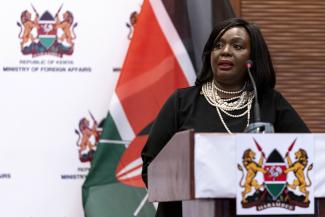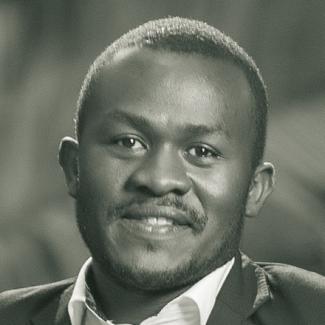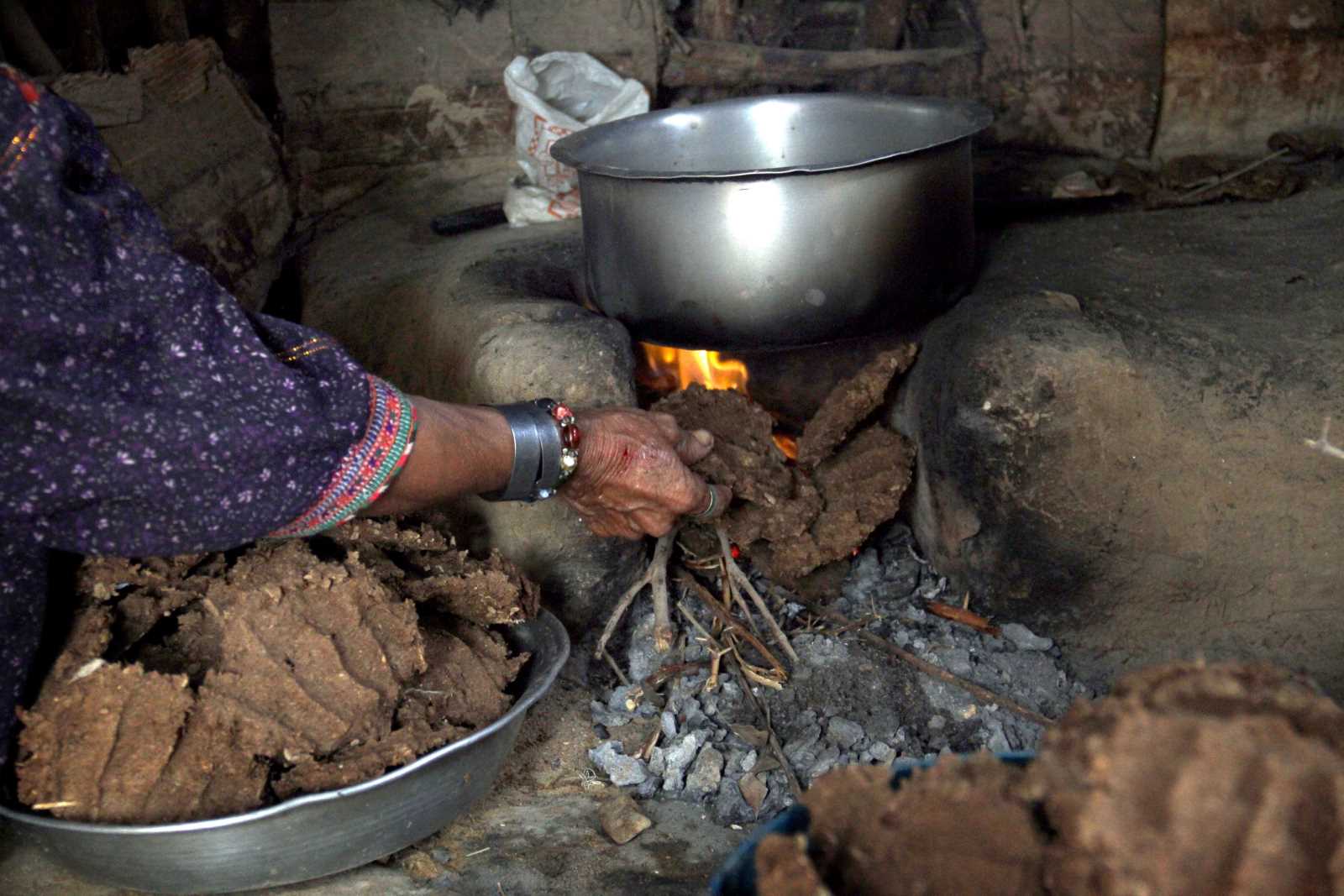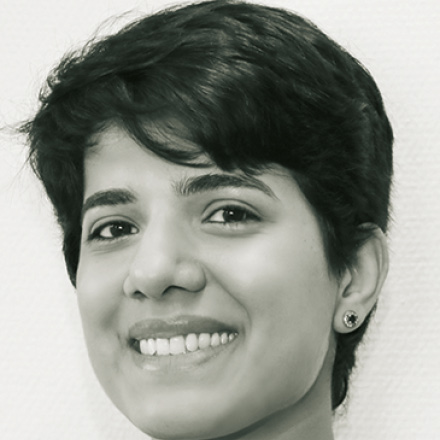Gender justice
To empower women, pass and enforce laws

In most African countries, men hold most positions of power in both politics and business. The reasons are socio-cultural. In many traditions, men are automatically considered leaders. Religion matters too, with religious texts obligating women to obey their men. Women often feel unsupported, disrespected and ignored in these settings.
To reach leadership positions, a person needs resources, including money and social contacts. Ambitious women are sometimes forced to seek the permission of their husbands and the male elders of their community. Otherwise, they face denunciation and stigmatisation. A prominent polygamous trade-union leader in Kenya, for example, dumped his wife after she wanted to become a member of parliament against his will. She lost the election, but he held a grudge and even refused to pay school tuition for her children.
The relevance of male support is similarly evident in South Africa. Though almost three-quarters of school teachers are women, that is only true of one-third of the principals. Based on her research, Nuraan Davids of the University Stellenbosch concludes that the female principals are competent in their jobs, but she points out that they “all maintained that they would not have been considered for their positions without their male predecessors’ endorsement”.
Legislation deficits
Some African countries have laws to promote women. In some places, a certain share of the seats in parliament or government jobs are reserved for them. However, implementation often remains weak, with the girlfriends and lovers of male party leaders or government officers getting appointed.
According to the Kenyan constitution, neither gender may occupy more than two-thirds of the positions in a public institution. Nonetheless, the women’s share tends to be below one third, and there is usually no sanction. The legislative process is slow and cumbersome, so passing laws to empower women is difficult. The full truth is that the political will is lacking, both at national and sub-national levels.
Efforts to promote women have been going on for many years in Africa, but so far Rwanda is the only country where more than 50 % of the cabinet members are women. Women hold 60 % of the seats in parliament there. These figures are impressive and send a solid socio-cultural signal even though it is well known that Rwanda’s President Paul Kagame has authoritarian tendencies and takes most decisions.
Legal inequality
That the two sexes are not equal is most evident in legal affairs. It matters very much that, in poor and especially rural communities, traditions are typically more important than formal legislation, with faith leaders and elders delivering judgments on disputes. Even where traditions such as child marriage or bride prices have been made illegal, some communities still practice them. One implication is that many young women and girls are still considered to be a kind of commodity.
Even when the law is on their side, few African women have the education and financial resources they would need to go to court (on the relevance of schools and employment for gender justice, see Sundus Saleemi on www.dandc.eu). According to the World Bank, property ownership in particular would help to boost the position of women. However, both formal law and social conventions ensure that men typically own land and other assets.
It is complicated to take legal action against a violent or merely quarrelsome former partner. To a large extent, society does not consider it appropriate for women to do so.
Around the world, rape victims tend to be ignored. Even worse, their trauma is often ridiculed, with people – typically men – stating that they caused their suffering themselves. If a woman is sexually assaulted at a nightclub or a hotel at night, questions are asked such as: “What was she doing outside her home that late?” Such remarks imply that sexualised aggression is permissible after dusk.
The traditions of some communities demand that a rapist marry the woman or girl he has abused, and the matter is then considered settled. Should that not be possible, compensation payments may be accepted.
Africa faces a flood of misogyny, but there is also a drip of success stories. For example, a male member of the Kenyan Parliament was jailed for slapping a female colleague. The case took three years, but the court ruled against him. Two rich entrepreneurs caught on camera in an altercation with women at a high-end hotel in Nairobi lost hundreds of millions of Kenya shillings in seed funding. In the aftermath of the scandal, investors and venture capitalists shied away from them. Child molesters get jailed for life. In some countries, the minimum prison time for rape is more than 20 years.
On the other hand, teenage girls are more likely to get punished for adventurous sexual behaviour than their male peers. Former Tanzanian President John Pombe Magufuli banned pregnant schoolgirls from schools, even after they had given birth. By contrast, the boys who got the girls pregnant went on with their education. Generally speaking, education on reproductive health and sex tends to be poor, and women’s health issues tend to be hushed up (see Mahwish Gul on www.dandc.eu).
It would be important to change the narrative in both social and mainstream media (see box). The sporadic virality of the #MeToo movement is not enough. For change to happen, the voice, place and status of women must grow in the everyday coverage of social, economic, political and cultural affairs.
According to experts, various measures are needed to overcome the marginalisation of women in African societies. More women must be in positions of leadership, and for that to happen, we need equal opportunities in education. The cultural understanding of why women’s empowerment and gender equality are good for society in general must grow.
Alphonce Shiundu is a Kenyan journalist, editor and fact checker. He lives in Nairobi
Twitter: @Shiundu












